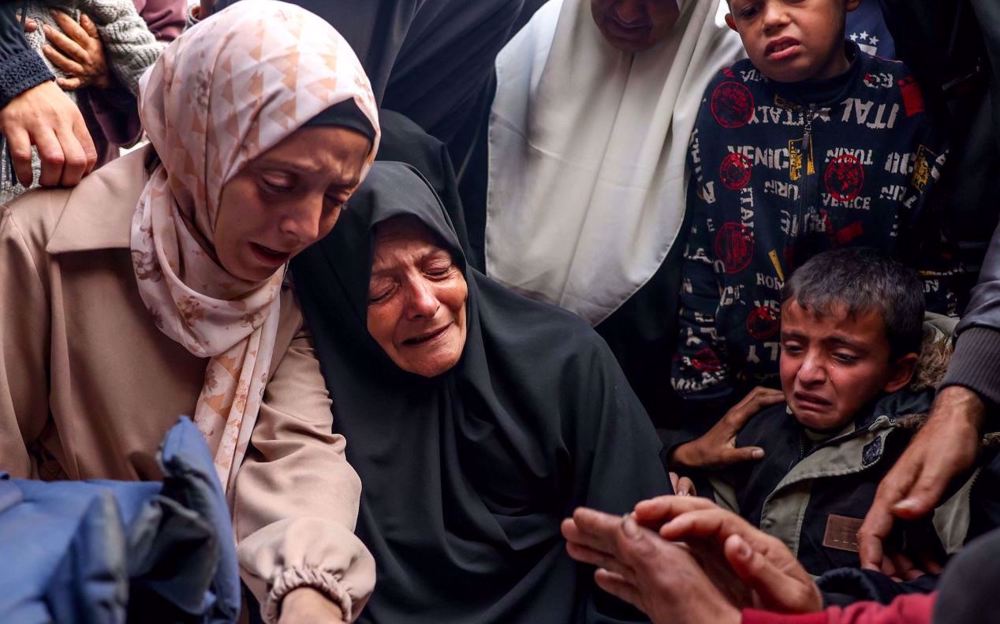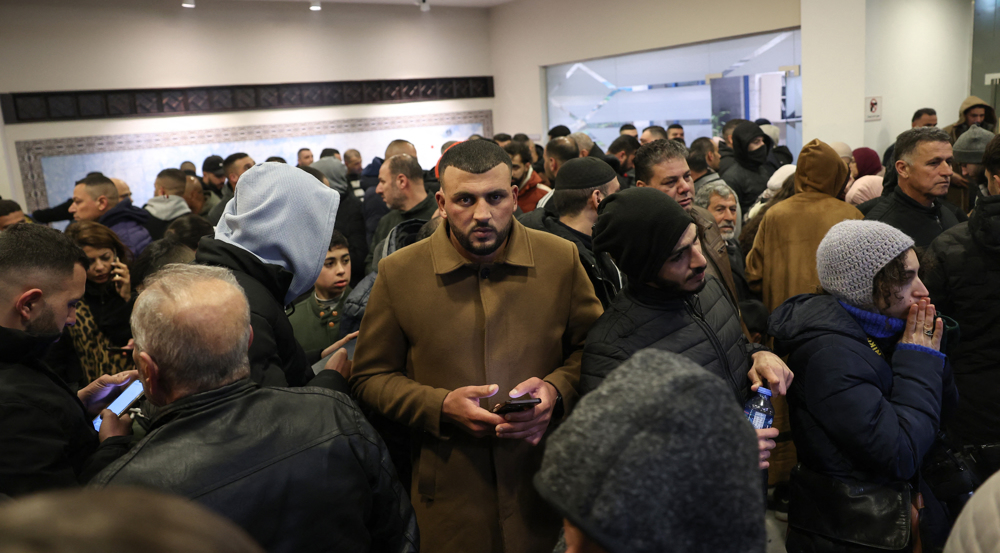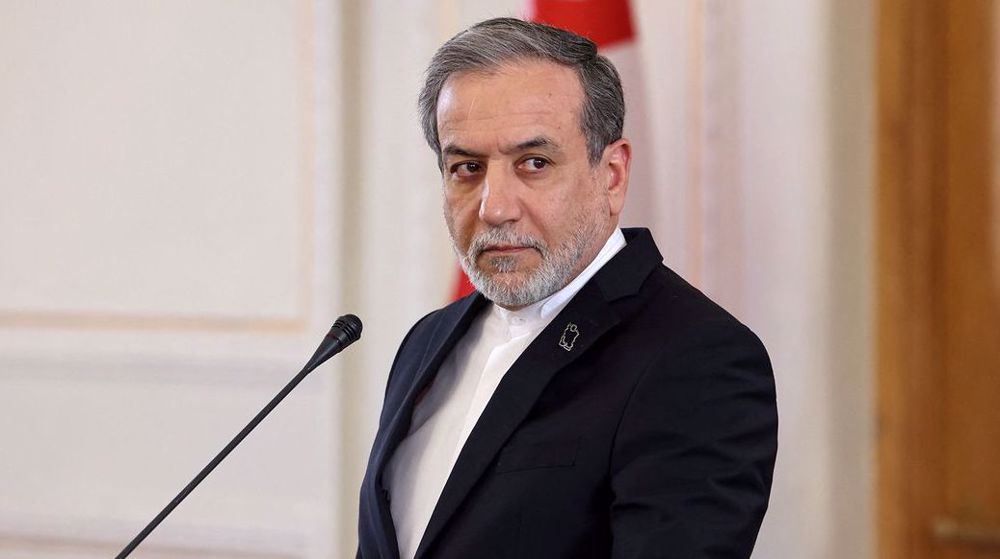On Israeli raid anniversary, Hamas wants Gaza blockade lifted
Ten years since the Israeli raid on a Gaza-bound humanitarian flotilla, the Palestinian resistance movement Hamas has called on international rights advocacy organizations to resume sending aid convoys to break the decade-long siege on the Strip.
“We are remembering with pride and love the 10 dear martyrs who were heading for Palestine to break the siege on the Gaza Strip and sacrificed themselves for the sake of values and humanity,” Khaled Mashal, the former head of Hamas political bureau, said during an online gathering to mark the anniversary of the deadly attack in 2010.
Mashal went on to call on the organizers of Freedom Flotilla aid and solidarity convoys to continue their efforts until they would be able to break and challenge the Israeli blockade on the besieged Gaza Strip.
“Thanks to everyone who participated in the fleet for their nobility and courage and for the values of humanity, morality and manhood they showed as they faced the danger,” he said.
Meanwhile, Maher Salah, another senior Hamas official, said in a statement on Sunday the attack unveiled Israel’s ugly face that kills, destroys and breaks international law.
The Palestinian official pointed out that at a time when the world did not lift a finger to break the unjust blockade on Gaza, Arab and Muslim groups, along with a group of honorable people of different nations boarded the Freedom Flotilla vessels.
Salah noted that some Freedom Flotilla activists reached Gaza shores, while others were stopped halfway by Israeli attacks, which unveiled the regime's ugly face that kills, destroys and breaks international and humanitarian laws and norms.
The Hamas official then emphasized that the Palestinians are determined to continue their struggle against the occupying regime of Israel until their goals for returning to their motherland is achieved.
On May 31, 2010, Israeli naval commandos, from speedboats and helicopters, attacked the Gaza Freedom Flotilla, comprising six civilian ships, in international waters in the Mediterranean Sea, killing nine Turkish citizens and injuring about 50 other people. A tenth Turkish national later succumbed to his injuries.
The flotilla was attempting to break the blockade.
Condemnations of the raid filled the air on a global scale.
The United Nations Security Council called for a prompt investigation into the incident and the UN Human Rights Council described the attack as “outrageous.”
In September 2010, Turkey suspended its military ties with Israel and expelled the Israeli envoy from Ankara over Tel Aviv’s refusal to apologize.
Four years later, a criminal court in Turkey issued arrest warrants for four Israeli military officers, deemed by Ankara as the main culprits in the case, and turned over the warrants to the Interpol to arrest the suspects, but to no avail.
Turkey and Israel, however, normalized relations in June 2016 after a series of not very public negotiations.
Gaza, a coastal sliver on the Mediterranean, is where Palestinian resistance movements enjoy massive public support. The territory has seen brutal wars by Israel over the past years, the last one having been in the summer of 2014, when more than 2,200 Palestinians were killed.
The area continues to suffer from destruction left behind from the war. Israel continues to prevent the flow of humanitarian aid into Gaza, and the blockade, since its imposition in June 2007, has caused a decline in the standards of living as well as unprecedented unemployment and poverty.
Israel strikes south Lebanon on Nasrallah’s funeral day, heightening tensions
Trump wants return on Ukraine aid: ‘We’re getting our money back’
The world’s longest tunnel between Iran and Qatar
Lebanese woman who defied ban to raise Nasrallah's photo at Beirut Airport speaks out
Iran reaffirms support for Lebanon, resistance amid Hezbollah leaders’ funeral
Spain, Norway condemn Trump’s scheme to expel Palestinians from Gaza
Syrians call for liberation of Golan Heights, resisting further Israeli land grabs
US B-52 bombers in West Asia do not scare Iran













 This makes it easy to access the Press TV website
This makes it easy to access the Press TV website